Former Nigerian President, Dr. Goodluck Ebele Jonathan, once made a profound statement that has since become part of Nigeria’s political lexicon: “My political ambition is not worth the blood of any Nigerian.” This suggests that he prioritized peace over power. During the height of Boko Haram’s terror attacks, Jonathan also remarked that he had not used one-tenth of his presidential powers. This led many to question why he sought power if he was unwilling to fully exert it. Ultimately, Jonathan, an Ijaw man from the Niger Delta, was voted out of office.
Similarly, in Rivers State, Governor Siminalayi Fubara has demonstrated a reluctance to wield the full extent of his constitutional authority. This perceived weakness has contributed to the escalation of the ongoing crisis in the state. Many believe that his hesitation to act decisively has emboldened opposition forces and allowed the situation to deteriorate.
Years before his death, former Petroleum Minister Professor Tam David-West described Jonathan as “the weakest President” Nigeria had ever produced. Today, many in Rivers State feel that their governor is following a similar path—choosing the appearance of peace over strong governance. However, this peace is proving to be fragile and unsustainable.
Political analysts argue that since the crisis began on October 29, 2023, with the threat of impeachment against Fubara, the governor has failed to take decisive action to quell the unrest. While he hopes for a political resolution, his opponents have continued to maneuver strategically against him, especially following the recent Supreme Court’s unanimous ‘5-0’ judgment, which further strengthens the opposition.
Lack of Consultation
Sources within government circles reveal that Governor Fubara prefers to act independently, often disregarding advice from key political figures who have supported his administration. A source noted that even when a governor from a neighboring state reaches out, Fubara is often unresponsive. Furthermore, he has not fostered strong relationships with ethnic and regional leaders who stand firmly behind him in this political battle.
The governor is fully aware that a powerful force operates behind Nyesom Wike, the current Minister of the Federal Capital Territory, who is believed to be fueling the crisis in Rivers State. While Fubara knows that direct dialogue with this “masquerade” may be futile, he has also failed to engage influential figures like former President Olusegun Obasanjo, General Ibrahim Babangida, General Abdulsalami Abubakar, or the Sultan of Sokoto, who could have mediated the crisis.
A source further disclosed that even when elder statesman Edwin Clarke was alive, Fubara rarely engaged with him, despite Clarke’s vocal support for his government. Instead, the governor has surrounded himself with political lightweights who lack the influence to defend his administration effectively. Many of these individuals were once aligned with former Vice President Atiku Abubakar and were driven out of Rivers State by Wike in 2023. However, when the political tides changed, Wike moved to Abuja as a minister, while these figures returned to Port Harcourt to align with Fubara—yet, they bring little value to his administration.
In summary, the escalating crisis in Rivers State is fueled by a combination of weak leadership, a failure to build strategic alliances, and ongoing power struggles with political heavyweights. Without decisive action and effective coalition-building, Governor Fubara risks further destabilization and loss of political control
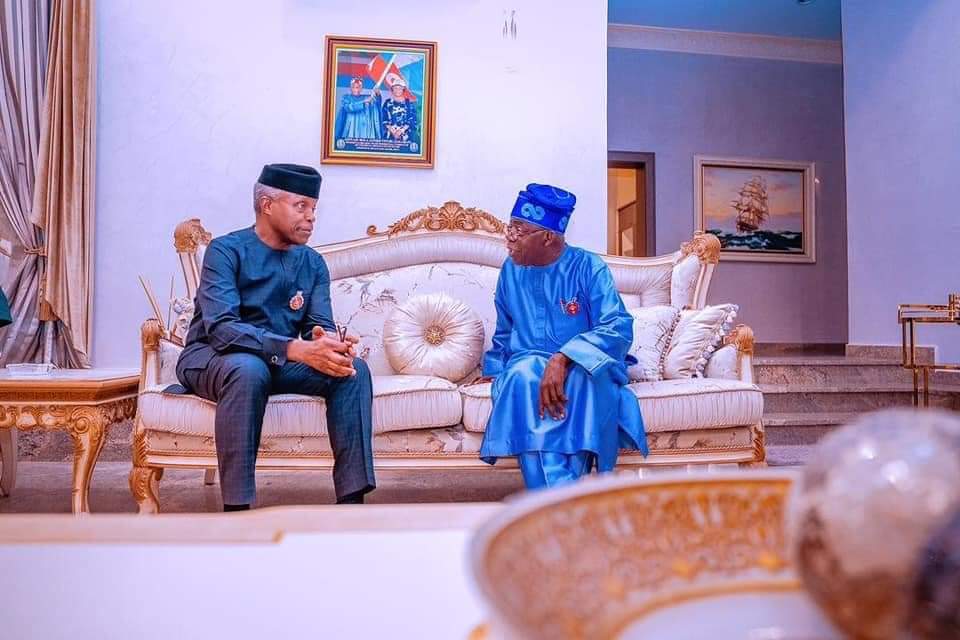


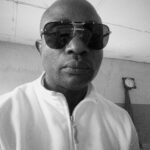




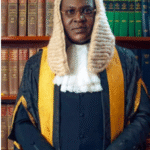

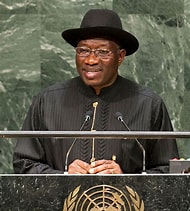


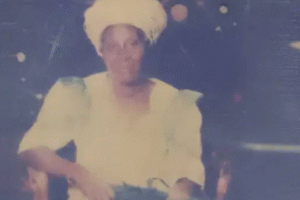

Add Comment